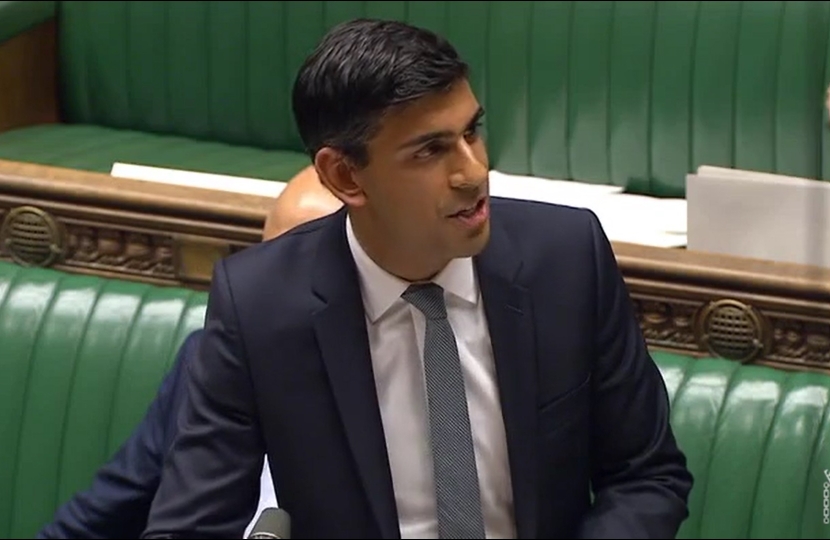
When American politicians come to pay us a visit in Parliament, there are two lines you can be sure will be in their speech. One is a Winston Churchill quote, the other is how relieved they are that they won’t ever have to face Prime Minister’s Questions.
Love it or hate it, the so-called ‘bear-pit’ of British politics has become an international byword for the toughest grilling a politician can undergo. While a US President can go 4 years without having to answer questions from anybody at all, the British Prime Minister has to take a host of unseen questions from her most bitter political opponents every single week.
But while most of us are familiar with Prime Minister’s Questions (or PMQs as they are often known) from the clips played on the evening news, what many people don’t realise is that the Prime Minister is far from the only person who has to answer parliament’s questions.
While only the most dedicated of political anoraks tune in, every one of more than 20 Government departments – from the Treasury to Transport – are subjected to their very own slice of the PMQs treatment.
Having been appointed as the Government’s Minister for Local Government earlier this year, answering parliament’s questions about all things local government is now my job.
Fortunately for me, the sheer number of government departments means that questions only happen once every six weeks (rather than every Wednesday like PMQs). Last week however, it was the turn of me and my colleagues the Ministry of Housing, Communities, and Local Government to be held to account by our fellow MPs.
As with all things in Westminster, there’s a good deal of tradition and protocol to get your head around when it comes to answering departmental questions. So here are the basics of how it works. Departmental questions are always the first thing that starts off the day in Parliament after Prayers. They last one hour and are divided up into two sections: Oral questions and Topical questions.
Oral questions are the main event and take up around 45 minutes of the allotted time. The topics that these questions relate to are submitted in advance, which means that ministers like me at least have some idea what we’re going to be asked – something we’re very grateful for! The MPs in question have been drawn from a ballot and once they ask their plain vanilla question as indicated previously, and I give my response, they get a follow-up question which I have no forewarning about, although it has to relate to the original question. After they have finished, anybody else can “bob” up and catch the Speaker’s eye to ask me question on anything related to the original question.
Topical Questions – which take up the last 15 minutes of the session – is where things get even more tricky. In order to ask a Topical Question, all an MP needs to do is submit their name to the Speaker a day or two before. The Speaker will then choose which MPs get to ask a question on the day.
What makes these Topical Questions so hard, from a minister’s point of view, is that an MP can ask a question on absolutely any topic and there’s no way to know in advance what it will be unlike the regular Questions. This week, for example, I had to answer questions on the spot about issues ranging from how we can make business rates fairer for rural areas to what steps the government is taking to make towns more disability-friendly.
Questions are good Parliamentary fodder - fast paced, with generally quick answers and replies and cover a terrific range of subjects. The whole thing is quite tricky, and a great exercise in needing to know your brief well and be quick at thinking on your feet. I have a big, red Ministerial folder with me but it never seems like I have time to refer to it! I have to admit that I and my fellow ministers always breathe a sigh of relief when we get to the end of a question session without forgetting an important fact or figure. But it also makes us grateful, because if ministers are feeling hot under the collar that means parliament is doing a good job of holding our Government to account. And that’s the kind of country we should all want to live in.
